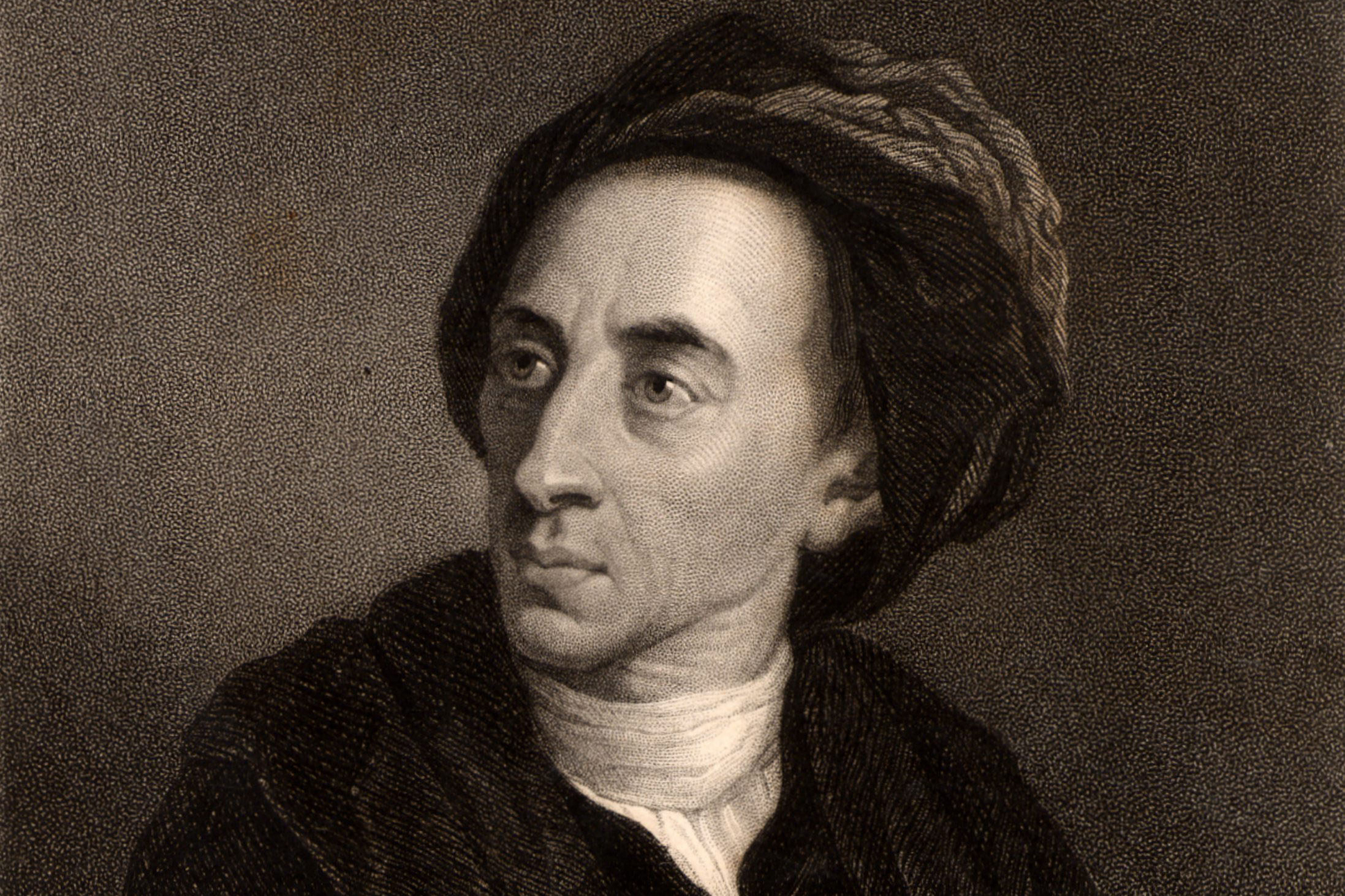Make unlimited summaries with AI!
Upgrade to PRO US$ 7.0/m
No restricted functions
An Essay on Criticism by Alexander Pope | Poetry Foundation

The essay argues that true criticism requires a combination of knowledge, modesty, and sincerity. The author laments the decline of literary criticism and the rise of foolishness in art. He praises ancient Greek and Roman critics who were learned, well-bred, and honest, citing Aristotle as an example of someone who was not afraid to criticize others while also being self-critical.The essay then laments the decline of learning and culture under the Roman Empire, citing the barbarian invasions and the rise of superstition. However, it notes that Erasmus helped to stem the tide of ignorance in the 15th century.The essay concludes by praising the revival of arts and literature in the Renaissance, particularly in France and Britain, where writers like Boileau and Roscommon were influential. It also praises Walsh, a critic who was known for his fairness and insight.Throughout the essay, Pope pays tribute to classical authors and critics, such as Homer, Horace, and Aristotle, while also lamenting the decline of learning and culture in his own time.
PRO users get Higher Quality summaries
Upgrade to PRO US$ 7.0/m
No restricted functions
Summarize text
Summarize text from file
Summarize text from website
Get better quality outputs with more features
Become PROGet better quality outputs with more features
Become PRO